The Redwood Coast Airport in Humboldt County, California, has successfully integrated bidirectional charging and two Nissan Leaf electric vehicles into its microgrid operation, enhancing the airport's resilience and energy efficiency. The microgrid, which has been in operation since 2021, consists of a 2.2 MW solar array, 8.9 MWh of battery storage, and a 300 KW net-metered solar system, allowing it to feed excess power back into the local grid and draw power from it when needed.
According to airport officials, the addition of the Nissan Leafs and bidirectional charging technology enables the microgrid to optimize energy usage and reduce reliance on external power sources. "The integration of bidirectional charging and electric vehicles into our microgrid has significantly improved our energy efficiency and resilience," said airport officials. "We can now use the Nissan Leafs as both energy storage devices and power sources, which has greatly enhanced our ability to operate during power outages or grid disruptions."
The microgrid's energy storage system, which includes the Nissan Leafs, can store excess energy generated by the solar array during the day and use it to power the airport's facilities during periods of low sunlight or high energy demand. The bidirectional charging technology allows the Nissan Leafs to charge from the microgrid and also supply power back to the grid when not in use.
The Redwood Coast Airport's microgrid project is part of a larger effort to promote renewable energy and energy efficiency in rural areas. "This project demonstrates the potential for microgrids to provide reliable and sustainable energy to remote communities," said officials from the airport. "We are proud to be at the forefront of this innovation and look forward to continuing to explore new ways to reduce our carbon footprint and improve our energy efficiency."
The integration of electric vehicles and bidirectional charging technology into the microgrid has also sparked interest among other airports and rural communities, who are looking to replicate the success of the Redwood Coast Airport's project. "We are seeing a growing trend of airports and rural communities investing in microgrids and renewable energy technologies," said officials from the airport. "We believe that this trend will continue to grow as more communities recognize the benefits of sustainable energy and energy efficiency."
The Redwood Coast Airport's microgrid project is currently operating at full capacity, with the Nissan Leafs and bidirectional charging technology playing a critical role in its energy efficiency and resilience. As the project continues to evolve, officials from the airport are exploring new ways to integrate additional renewable energy sources and energy storage technologies into the microgrid.







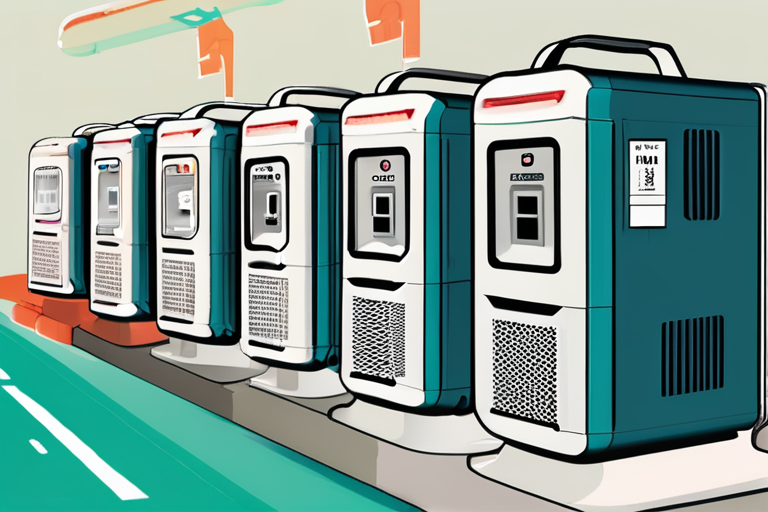


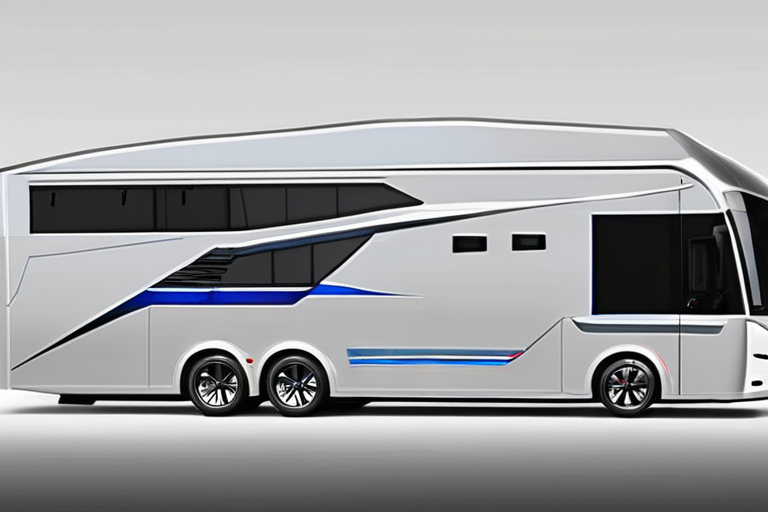


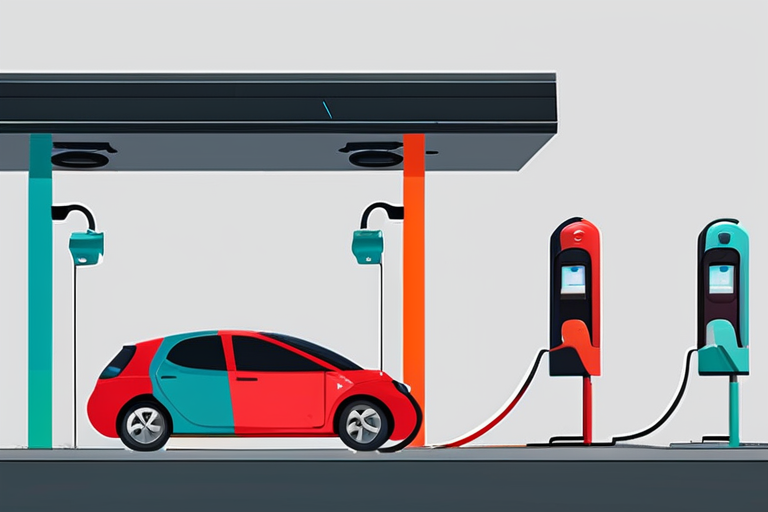
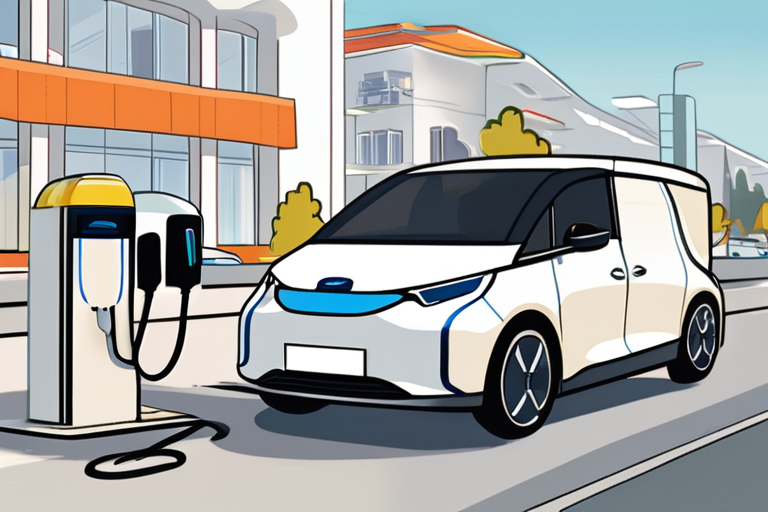

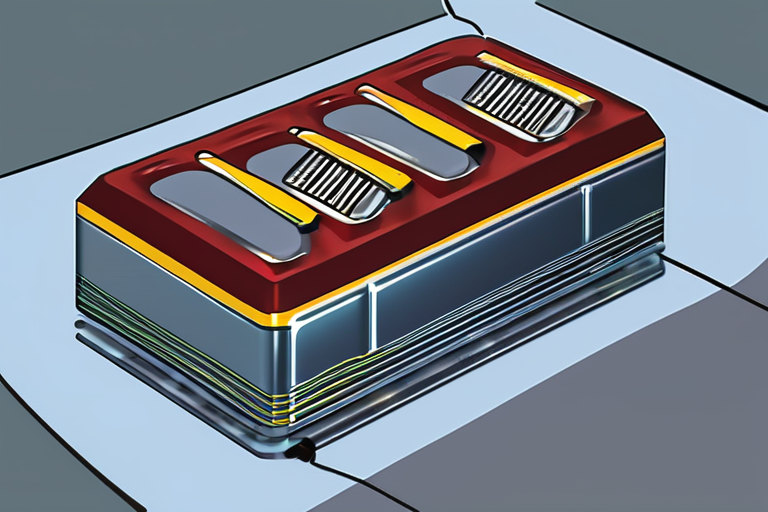
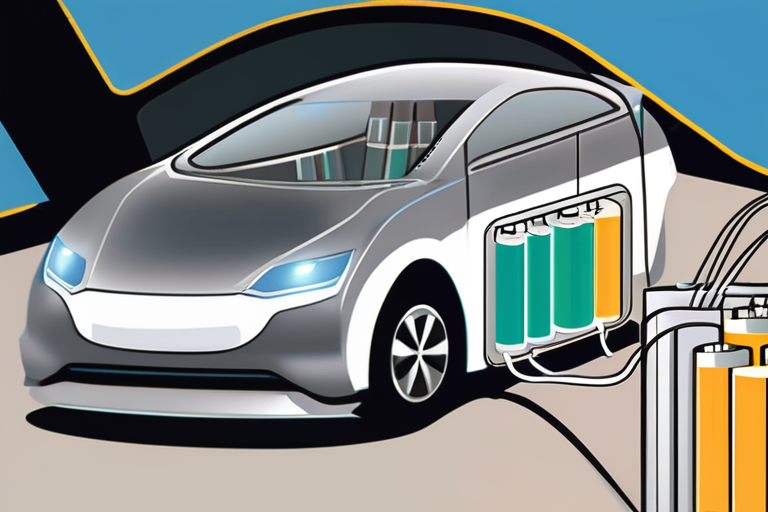









Share & Engage Share
Share this article